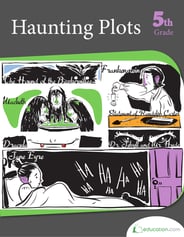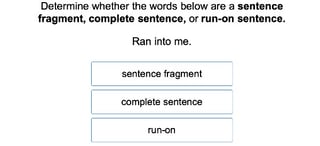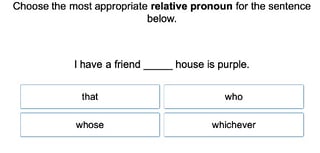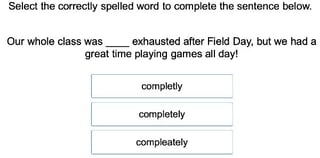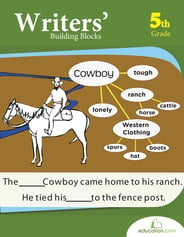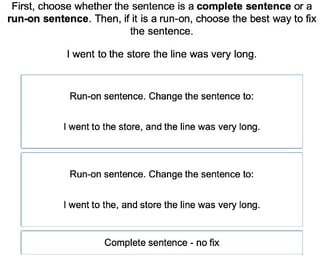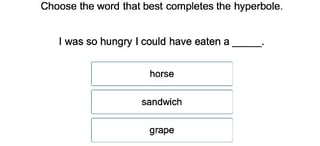- Worksheets
- Games
- Lesson Plans
- Workbooks
- Exercises
- Science Projects
- Skills Progression
- More
Search 5th Grade Reading & Writing Educational Resources : Page 5
1,688 filtered results
1,688 filtered results
5th grade
Reading & Writing
Sort by
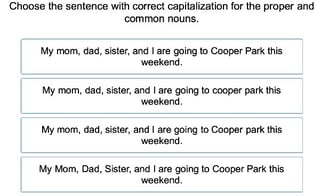
Capitalization: Proper Nouns 3
Exercise
Capitalization: Proper Nouns 3
Teach your students everything they need to know about proper nouns to succeed in their future writing careers with this exercise that gives them additional practice while providing helpful hints!
5th grade
Reading & Writing
Exercise
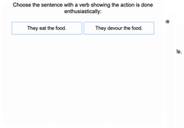
Verbs and Adverbs 2
Guided Lesson
Verbs and Adverbs 2
Verbs do a lot of the heavy lifting in good writing. Understanding the different kinds of verbs and how they are used enables students to write more compellingly. Students will explore how tenses work and how they must agree with and sometimes work together with other words in the sentence. Students will also learn about adverbs, the "sister" part of speech that enhance, or modify, verbs.
5th grade
Reading & Writing
Guided Lesson
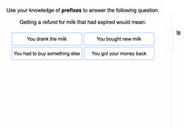
Vocabulary 2
Guided Lesson
Vocabulary 2
This unit not only builds students' vocabulary, it also enables students to explore how words are related, in meaning, sound and construction. Learners will also discover some of the ways words are constructed using derivational root words, prefixes, suffixes, and compound words. Students will also learn strategies we use to shorten words and phrases like acronyms and abbreviations.
5th grade
Reading & Writing
Guided Lesson






